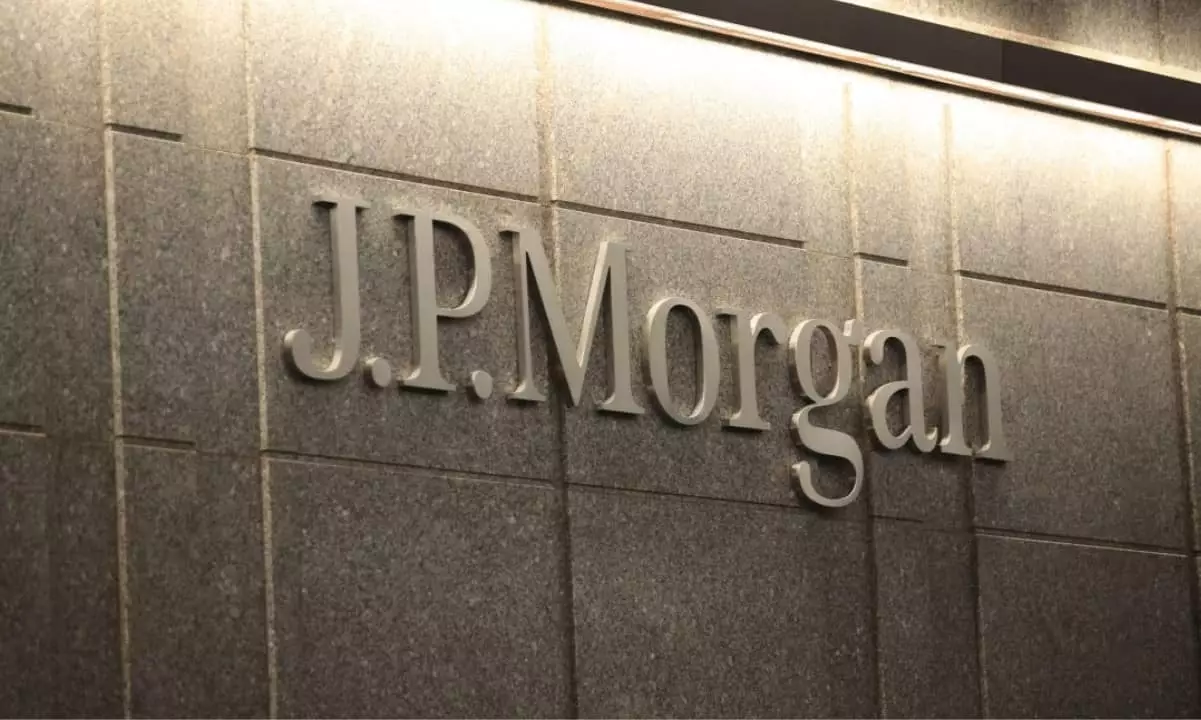JP Morgan, the prominent American financial services company, is on the brink of revolutionizing cross-border payments and settlements. The company has been quietly developing a new type of token, known as a deposit token, which could potentially accelerate traditional settlements and bring about a more cost-effective system.
Deposit tokens are digital coins that serve as a claim against a commercial bank. Similar to stablecoins, they act as digital representations of deposits held by customers in their respective accounts. Initially, these tokens are likely to be denominated in dollars, but with time, they may also become available in other fiat currencies.
Although JP Morgan has made significant progress in developing the underlying infrastructure for deposit tokens, the company is currently awaiting approval from regulators in the United States. Once regulatory clearance is obtained, JP Morgan plans to offer the tokens to its corporate clients within a year. The goal is to streamline traditional settlements and make them faster and more cost-effective.
Potential Benefits and Regulatory Considerations
Deposit tokens hold tremendous potential benefits for the financial industry. By leveraging blockchain technology, traditional settlements can become instantaneous, reducing the need for lengthy transaction times. Additionally, the cost savings associated with this innovative product could significantly benefit both financial institutions and end-users.
JP Morgan is fully aware of the regulatory challenges that lie ahead. The company understands the importance of diligence and thoughtfulness when introducing a new financial instrument. It acknowledges that regulators will carefully consider the implications and potential risks associated with the usage of deposit tokens.
JP Morgan’s exploration of deposit tokens is a significant milestone in its broader blockchain strategy. In collaboration with the Monetary Authority of Singapore, the company embarked on Project Guardian in 2022. The project aimed to test the feasibility of asset tokenization using deposit tokens issued by deposit-taking institutions on public blockchains. This initiative showcases JP Morgan’s commitment to pushing the boundaries of blockchain technology in the financial sector.
The Future of Deposit Tokens
JP Morgan’s research highlights the significant potential embedded within deposit tokens. The company envisions these tokens becoming a widely accepted form of digital currency within the digital asset ecosystem, creating new opportunities for innovation and financial inclusion. Furthermore, deposit tokens may also play a pivotal role in the growth and acceptance of stablecoins in the future.
Importantly, it’s crucial to note that deposit tokens should not be confused with JP Morgan’s existing JPM Coin, which was introduced in 2019. While JPM Coin facilitates the movement of dollars and euros for corporate clients, deposit tokens serve a different purpose and are specifically designed to optimize traditional settlements. The token’s infrastructure will be integrated with JP Morgan’s robust compliance systems to ensure adherence to regulatory standards.
The development of deposit tokens by JP Morgan marks a significant milestone in the evolution of cross-border payments and settlements. If approved by regulators, these tokens have the potential to transform the traditional financial system, making settlements faster, more efficient, and cost-effective. The future of cross-border transactions appears promising as financial giants like JP Morgan continue to embrace blockchain technology and explore new avenues for innovation.

